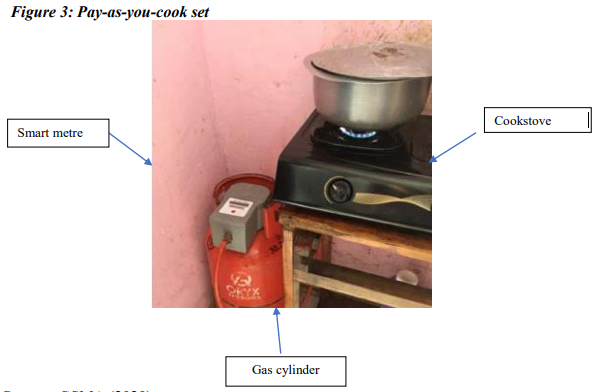Work Life Conflict and Job Commitment Among Students Counsellors in Higher Learning Institutions in Tanzania
Downloads
The job commitment of student counsellors is crucial in Tanzanian universities, as they play a vital role in supporting students' academic, personal, and career development, addressing issues that can impact their wellbeing and performance. This study aimed to investigate the impact of work-life conflict on job commitment among student counsellors in higher education institutions in Tanzania. The study aimed to examine the influence of work-to-family conflict, family-to-work conflict, and gender differences on job commitment among student counsellors. The study employed an explanatory research design using a mixed-methods research approach. In this study, both quantitative and qualitative data were collected through a structured questionnaire and an interview guide. The target population of 179 student counsellors was purposely selected, resulting in a sample size of 83 respondents obtained through the Yamane Formula. Quantitative data analysis included descriptive and inferential statistics, where Spearman correlation and regression analysis were used to summarise, explore, and make inferences. Likewise, qualitative data were analysed thematically to understand patterns and meanings within textual or observational data. The findings showed a significant correlation between work-life conflict and all employee commitment factors. Furthermore, the findings reveal that work-family conflict significantly contributed to employee commitment, with work-to-family interference found to be higher than family-to-work conflict among student counsellors. Furthermore, based on work-family role conflict, the results indicate a considerable difference in organisational commitment between male and female respondents. Based on the study's findings, an organisational support program should be developed and made available to all student counsellors to lessen the strain of role conflict between work and family and to encourage their job commitment practically.












